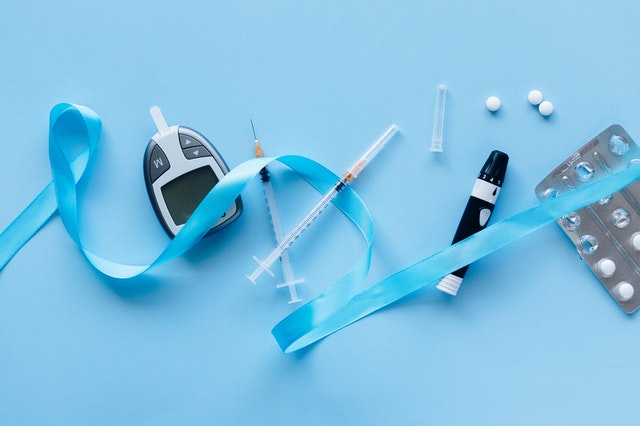The United States Food and Drug Administration or FDA recently added diabetes as one of the side effects of Lipitor.
A study conducted by the agency has shown evidence of a connection between type-2 diabetes and the taking of Lipitor. This applies to all other kind of statin drugs, too.
The study was based on three clinical trials. Results showed an increased, but small, risk of higher blood sugar levels. In short, people who had been taking Lipitor were more likely to be diagnosed with type-2 diabetes mellitus.
In addition to diabetes mellitus, Lipitor may also have other serious adverse effects. Among these side effects are the loss of memory, muscle soreness, and damage to, and even failure of, the kidneys.
Are You Taking Lipitor and at Risk for Diabetes?
While the study did show a correlation between diabetes and Lipitor usage, the increased risk is mostly for patients who already have other well-known diabetes risk factors.
These four major diabetes risk factors are:
- Elevated triglycerides (a type of body fat)
- Excess body weight
- High blood pressure
- High blood sugar levels
If you take Lipitor and you have these risk factors as well, you may be at risk for developing new-onset diabetes.
Needless to say, managing these risks is very important.
One of the best things a person can do to reduce their risk is to keep a healthy body weight. Unfortunately, those who take Lipitor may be doing so due to unhealthy lifestyle and eating choices.
Lipitor is great for cholesterol. But, that doesn’t mean a person taking Lipitor is immune from other related diseases.
In fact, it’s just the opposite. As the study suggests, Lipitor may make you more vulnerable to diabetes.
The extra risk of developing diabetes seems to be limited to those who have at least two of the four risk factors mentioned above.
Diabetes and Lipitor: Benefits vs. Risks
Lipitor is one of the most commonly prescribed and used medicines available today. The drug gets high praise and is widely used for good reason.
Lipitor can dramatically and considerably lower a patient’s levels of “low-density lipoprotein cholesterol,” more popularly known as bad cholesterol. Some studies have even shown that taking Lipitor can actually help save and enhance the lives of those who already have heart disease.
The new safety reminders of the FDA are reasonable. There’s no doubt that they know what they’re talking about.
But, here’s the bottom line. The risk of contracting diabetes mellitus when taking Lipitor may be considered small by some health professionals. Especially when it is contrasted against the medicinal benefits: significantly reduced risk of having a sudden heart attack or stroke.
However, if you are seriously at risk for diabetes as it stands, be sure to talk to your doctor. Lipitor may be increasing that risk.

